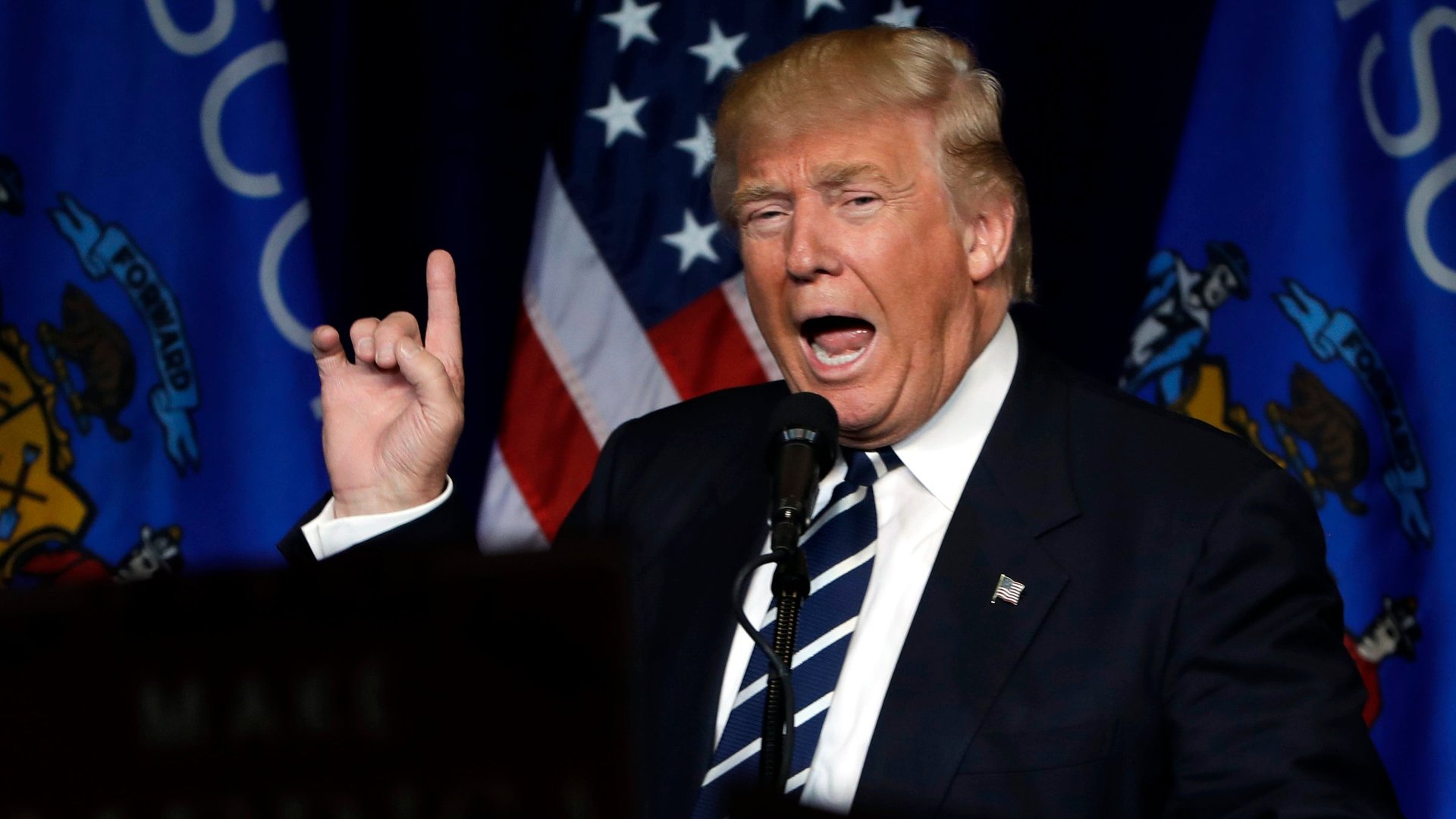Trump still won’t release his tax returns? At this point, it’s worth asking what he’s hiding
Hillary Clinton did it. Barack Obama did it. Mitt Romney did it. John McCain did it. George W. Bush did it. Bob Dole did it. Bill Clinton did it. George H.W. Bush did it. Even the Gipper did it!


Hillary Clinton did it. Barack Obama did it. Mitt Romney did it. John McCain did it. George W. Bush did it. Bob Dole did it. Bill Clinton did it. George H.W. Bush did it. Even the Gipper did it!
All of the major US presidential candidates in the last three decades released their tax returns to the American public, demonstrating their financial integrity and that they were not subject to influence by special interests. Yet just six days from the presidential election on Nov. 8, Republican candidate Donald Trump still hasn’t released his tax returns. He claims he cannot, that they are under audit. But audits do not prevent anyone from releasing their own tax returns, or past returns that are no longer under audit.
Trump’s tax returns would offer answers to open questions about the candidate’s truth-telling, connections to foreign powers, and charitable practices—all of which voters ought to hear before they choose their next president.
What is Trump’s actual net worth?
Trump’s campaign has been built largely on the idea that he is a successful billionaire. Yet, it’s not clear if that’s the case. It certainly seems that Trump doesn’t have easy access to the cash he has promised when talking about having a self-funded campaign—a campaign that is currently disputing a $767,000 bill with a pollster. Trump has repeatedly said he would donate $100 million to his election efforts, but at last count as of Oct. 19, he had loaned his campaign less than $50 million and only donated about $8 million to it, despite its financial struggles.
Who does Trump owe money to?
Trump loves debt. But with four business bankruptcies behind him, he’s not necessarily great at managing it, and often finds himself under the thumb of his creditors. Do major US financial institutions have a claim on Trump’s fortune? How about foreign lenders, whether his old pals at Deutsche Bank or perhaps a Russian financial institution? Without Trump’s tax returns, it’s difficult to know who can put pressure on Trump.
Has Trump ever given anything to charity?
Trump loves to claim that he gives to charity, but exhaustive reporting by the Washington Post’s David Fahrentold suggests he doesn’t always follow up. After it took months for Trump to make good on a campaign pledge to donate to veterans, his pattern of using his personal charity for personal gain—like commissioning a giant portrait of himself, settling personal disputes, or renovating his own properties—was revealed. Trump’s tax returns would help the public determine whether he truly is a philanthropist.
Is Trump evading taxes?
Three pages from a 1994 Trump tax return leaked to the New York Times showed that Trump claimed an extraordinary $916 million loss that year, one that would allow him to avoid being taxed on an equivalent amount of income over nearly two decades. Yet tax experts were baffled, since Trump’s businesses were built on debt and he saw hundreds of millions of dollars of those loans forgiven in bankruptcy, which should have been counted as income and reduced those losses. Since then, the Times has found more documents suggesting Trump performed a sketchy debt-for-equity swap that even his lawyers found dubious; that type of maneuver was made illegal several years later. What other dubious ways to avoid taxes has Trump found since then?
Without the returns, we have know way of knowing if Trump is telling the truth about even himself, much less his business connections, in one more shocking break from US democratic precedent.
At this point, it’s worth asking what he’s hiding.